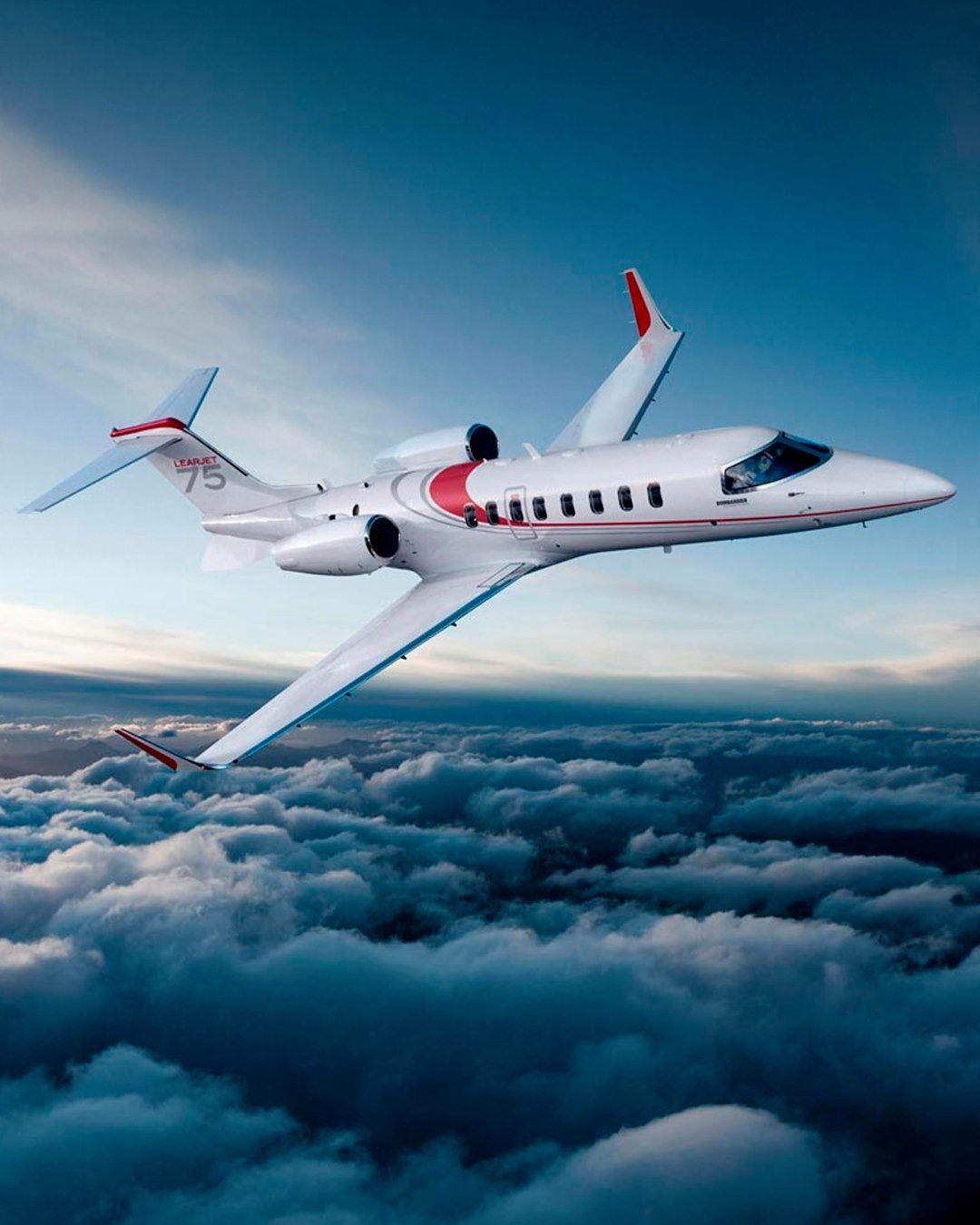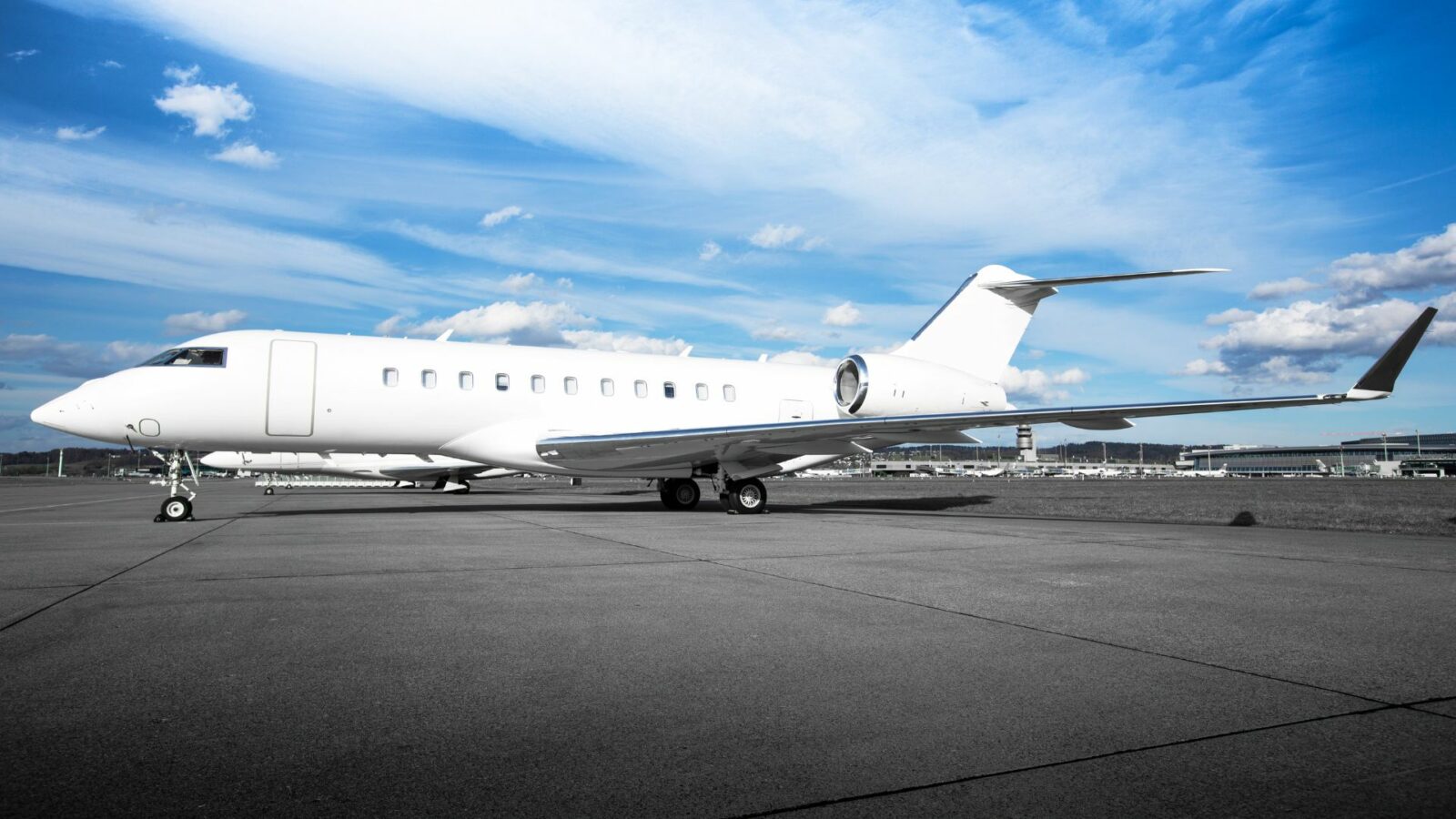The aviation industry will undergo a notable transformation in 2024 with the introduction of Artificial Intelligence (AI) affecting private jet charter services. This article explores the ways AI has changed these services, emphasizing how it has improved customer experience, efficiency, safety, and operational management.
1. Improved Productivity and Path Planning
AI has transformed the effectiveness of operating private jets. AI systems can analyze enormous volumes of data to optimize flight routes and cut fuel consumption by utilizing sophisticated algorithms and machine learning. This results in lower operating costs for charter businesses as well as more ecologically friendly operations. Predictive maintenance powered by AI further guarantees that airplanes operate at peak efficiency, cutting down on unplanned delays and downtime.
2. Higher Quality Safety Requirements
In aviation, safety has always come first. By evaluating both historical data and real-time inputs to anticipate and reduce possible risks, artificial intelligence (AI) will greatly strengthen this component in 2024. AI-powered systems give pilots sophisticated decision-making tools that improve situational awareness and lower the likelihood of human error. AI integration improves pilot preparedness by enabling a greater variety of scenarios for pilots to experience and handle in training simulators.
3. Tailored Consumer Experiences
Artificial Intelligence has revolutionized customer service in the private jet charter sector. Businesses can now provide highly customized experiences based on past behaviors and customer preferences thanks to artificial intelligence (AI). This includes things like your favorite traveling amenities, personalized in-flight entertainment, and even catered meals. AI-driven chatbots and virtual assistants provide seamless, 24/7 customer service, making bookings and inquiries more efficient.
4. Managing Operations and Cutting Costs

Photo credit: instagram.com
Charter services are now able to minimize operating expenses and maximize fleet utilization thanks to the application of AI in operational management. AI systems are able to forecast demand trends, which helps businesses distribute their aircraft more effectively. Demand forecasting also helps with pricing strategies, allowing for dynamic pricing models that are advantageous to the client and the service provider.
5. Difficulties and Ethical Issues
The use of AI in private jet services has many benefits, but there are drawbacks as well. Since AI systems rely on sizable datasets that contain sensitive customer data, data security and privacy concerns are critical. The ethical ramifications of AI decision-making are another topic of continuous discussion, particularly when human safety is at stake.
6. Prediction in Market Trend Analysis
AI is capable of analyzing massive datasets and forecasting market trends. AI assists charter companies in anticipating changes in demand by evaluating social trends, travel patterns, and global economic indicators. Because of this foresight, fleets and marketing initiatives can be strategically positioned to guarantee that services meet the demands of developing markets.
7. High-Tech Security Checking
AI has completely changed private aviation security procedures. Artificial intelligence (AI) systems can quickly and accurately screen passengers, cutting wait times and improving security measures by combining facial recognition and behavior analysis technologies. These systems are more effective at spotting potential security risks than conventional techniques.
8. Monitoring of Environmental Impacts

Photo credit: instagram.com
Artificial intelligence (AI) helps track and lessen the environmental impact of private jet operations at a time when sustainability is becoming more and more important. Artificial intelligence (AI) can help with carbon offsetting efforts by precisely calculating each flight’s carbon footprint and suggesting more fuel-efficient flight paths based on engine performance analysis and flight data.
9. Maintenance and Fleet Management
Comprehensive fleet management is now a part of AI’s expanded role in predictive maintenance. AI systems are able to autonomously order spare parts, schedule maintenance, and anticipate part failures by tracking the health and performance of aircraft. This increases fleet availability and lifespan in addition to improving safety.
10. Customized in-flight Experience
AI expands on in-flight personalization beyond entertainment and catering. It involves learning through time what passengers prefer in terms of lighting and temperature control in the cabin. AI can also recommend in-flight leisure or productivity tools based on the traveler’s history and purpose of travel.
11. Improved Instruction for Ground and Crew Personnel
Advanced AI-driven training programs have been developed for ground crews and flight crews. These systems enhance personnel skills and readiness for a range of situations, from emergency responses to customer service, by creating realistic training scenarios using virtual reality (VR) and augmented reality (AR).
12. Enhanced Pricing and Revenue Control

Photo credit: instagram.com
AI algorithms are now more adept at pricing strategies, considering variables like competitor pricing, seasonal demand, and even the willingness to pay off a single customer. With this dynamic pricing model, customers are guaranteed competitive rates while revenue is maximized.
AI will have a wide-ranging effect on private jet charter services by 2024, affecting customer experience, staff training, operational effectiveness, market adaptability, security, and environmental stewardship. The future of luxury air travel will be shaped by the innovative advancements that AI technology promises to bring about as it continues to evolve and is integrated into the private jet industry.

